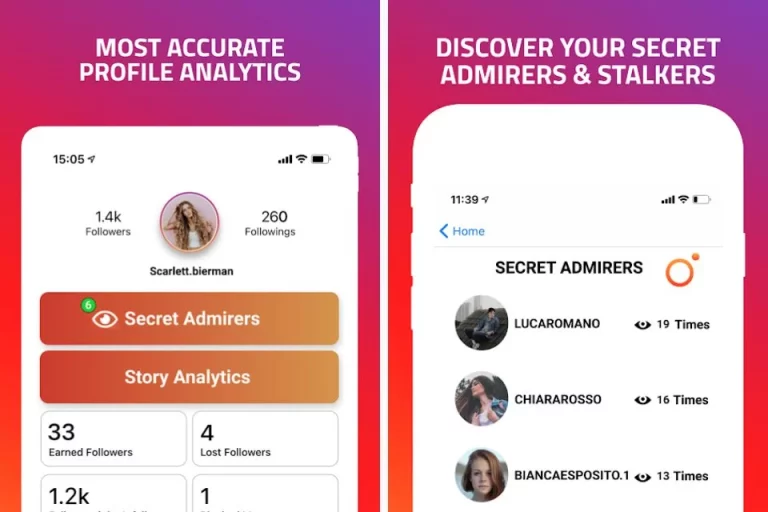
Adverts
These days, there are many apps available to help people learn a new language. These apps offer a variety of features, from games and vocabulary exercises to video lessons and interactions with native speakers.
Plus, many of these apps can be accessed anytime, anywhere, making them a convenient option for people with busy schedules or who don't have access to traditional language courses.
Adverts
In this context, in this text, we are going to explore some of the best apps for learning a new language and how they can help you develop your language skills.
Learning a new language can be a challenging task, but technology can make the process easier and more fun. Here are some of the best apps to help you learn a new language:
In summary, there are many great apps available to help you learn a new language. When choosing an app, consider your skill level, your learning goals, and your personal preferences. With dedication and consistent practice, you can master a new language and open new doors in your personal and professional life.
Adverts
Keep in mind that some apps may require a subscription or payment to unlock all features or access live classes with teachers. Check prices and payment options before making a final choice.
With the increasing availability of language learning apps, many people are wondering if investing their time and effort into these resources is worth it. The answer is yes, these apps can be a valuable and effective option for learning a new language.
In first place, applications offer flexibility. You can choose when and where you want to learn, allowing you to adapt to your own pace and schedule. This is especially helpful for people with busy schedules who can't attend regular language classes or who want to learn at their own pace.
Second, apps are interactive. They usually use a variety of activities, games and exercises that help keep the user engaged and motivated, increasing the chances of successful learning.
Plus, many language apps offer additional features like listening and speaking exercises, interaction with native speakers, dictionaries, grammar guides, and more. These additional features allow users to develop their skills in all aspects of the language, making learning more comprehensive and effective.
While language learning apps may not completely replace human interaction, they can be a great option to supplement learning in regular language classes or for people seeking independent learning. They can help build confidence and fluency in the desired language and open doors to new personal and professional opportunities.
In summary, learning a new language through apps can be an effective, interactive and flexible way to acquire new language skills. As long as you are committed and put in the time and effort to learn, language apps can be a valuable and viable option for achieving your language learning goals.
Adverts